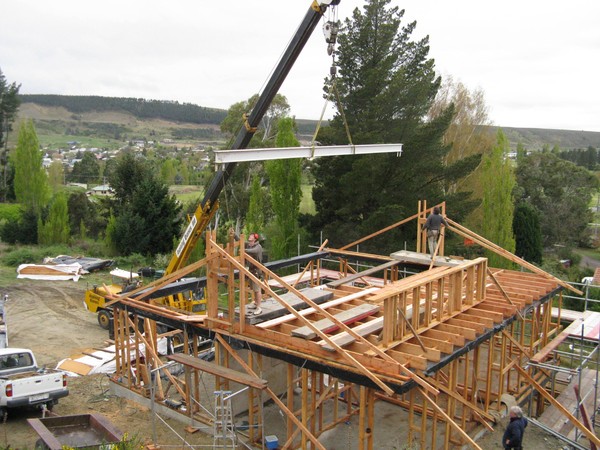More Stories

Wednesday, April 17th 2024
Rate cuts needed to lift mood
The enthusiasm that followed the change in government, mainly from property investors, has waned as homeowners and buyers hang out for interest rate cuts, says Kiwibank.

Monday, March 18th 2024
Support for regulation
REINZ has emphasised the need for property management regulation to Parliament’s Social Services and Community Committee.

Thursday, March 14th 2024
A better investment market
“Reinstatement of interest deductibility starting from the new tax year on 1 April brings property investors back in line with every other business in the country, where interest costs are a legitimate deductible expense," Tim Horsbrugh, New Zealand Property Investors Federation (NZPIF) executive committee member says.
![[OPINION] Recessionary times](https://www.goodreturns.co.nz/pics/people/thumbs/300/Gilligan_Matthew_GRA%20New.jpg)
Thursday, March 14th 2024
[OPINION] Recessionary times
It is not the best out there for many businesses and property sector people. Sales are down across the board, our clients’ confidence is falling, and there is a lot of uncertainty.

 Search
Search
